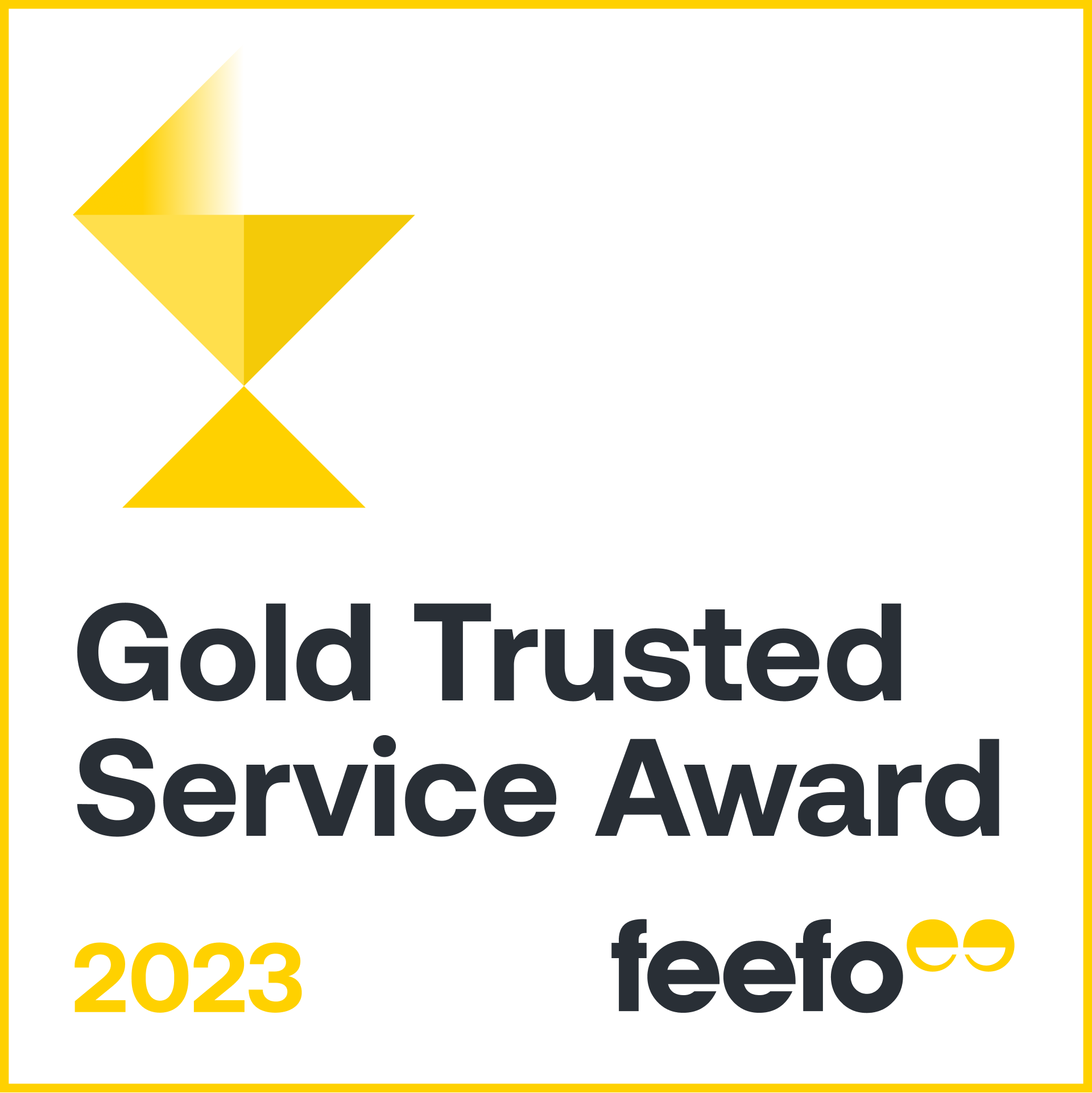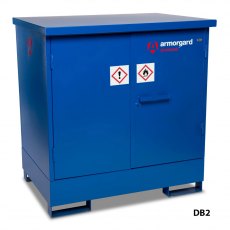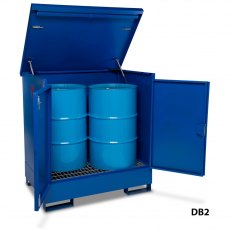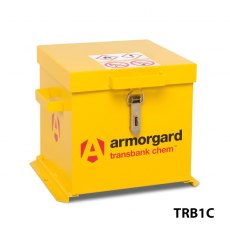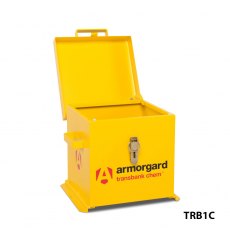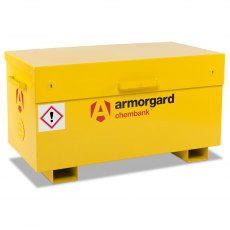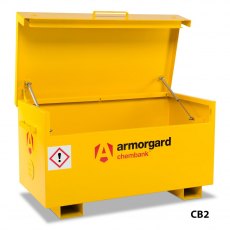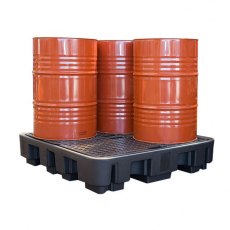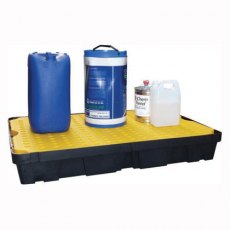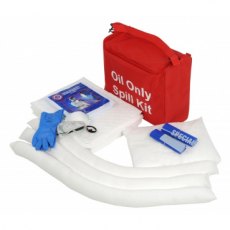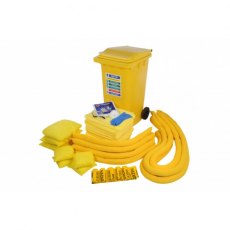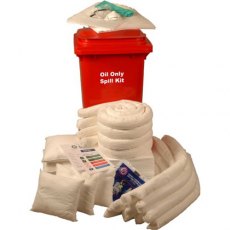Spill Control in Ireland: Compliance and Best Practices

Spill control is a critical aspect of environmental management and workplace safety in Ireland. The handling of hazardous substances and the potential for spills demand vigilant management to prevent environmental pollution and ensure compliance with national regulations. This page outlines the essential information and steps needed for effective spill control in Ireland.
Understanding the Regulatory Framework
Key Regulations
-
European Communities (Control of Major Accident Hazards Involving Dangerous Substances) Regulations (COMAH): These regulations aim to prevent major accidents involving dangerous substances and limit their consequences for human health and the environment.
-
Waste Management Acts 1996-2013: These acts provide the legal framework for the management of waste, including hazardous waste, and outline the responsibilities for preventing environmental pollution.
-
Environmental Protection Agency (EPA) Guidelines: The EPA offers guidelines and best practices for managing hazardous materials and spills, ensuring environmental protection.
Compliance Requirements
-
Risk Assessment: Conduct thorough risk assessments to identify potential spill scenarios and their impact.
-
Spill Prevention Plans: Develop and implement spill prevention plans, including the necessary equipment and training for staff.
-
Reporting and Documentation: Report spills as required by the EPA and maintain records of spill prevention and response actions.
Best Practices for Spill Control
Preparation
-
Spill Kits: Equip your facility with adequate spill kits tailored to the types of substances handled. Kits should include absorbents, neutralizing agents, containment materials, and personal protective equipment (PPE).
-
Training: Regularly train employees on spill response procedures and the use of spill control equipment.
Response
-
Immediate Action: Quickly contain and control spills to minimize environmental impact and workplace hazards.
-
Effective Cleanup: Use appropriate cleanup methods and materials for the substances involved.
Prevention
-
Regular Inspections: Conduct routine inspections of storage areas, containers, and handling procedures to identify and mitigate potential spill risks.
-
Secondary Containment: Implement secondary containment solutions, such as bunds and spill pallets, to contain spills should they occur.
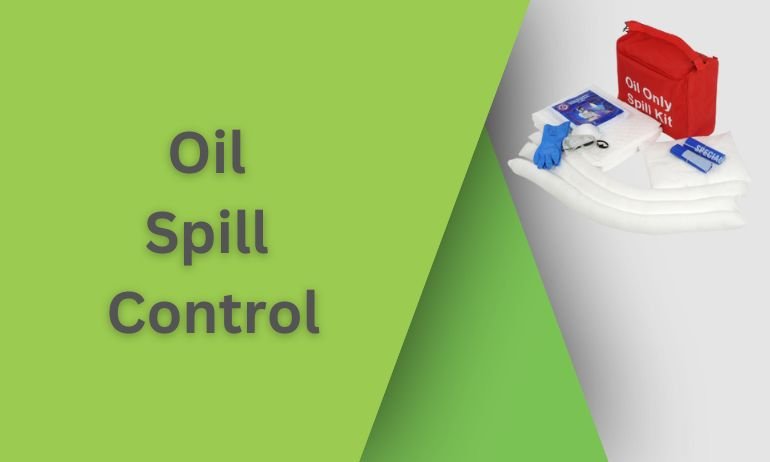
Oil Spill Control
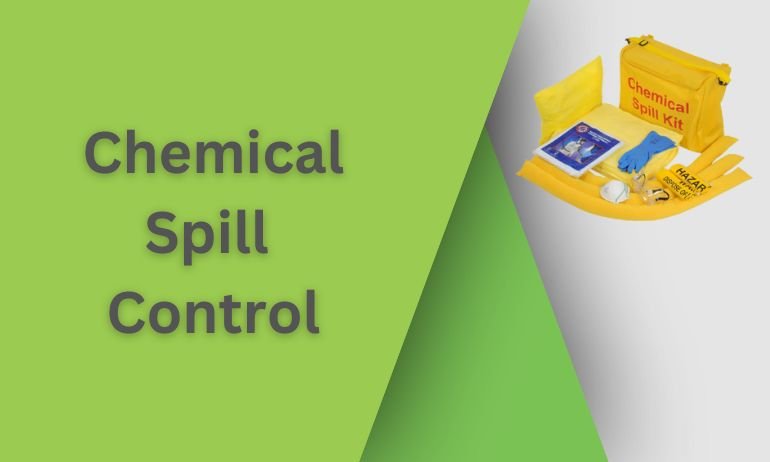
Chemical Spill Control
Essential Spill Control Equipment
Spill Kits
-
Specific to the types of chemicals and volumes handled
-
Portable and easily accessible
Absorbents
-
Pads, rolls, booms, and granules for various spill types
Neutralizing Agents
-
For safely neutralizing chemical spills
Containment Products
-
Bunds, spill pallets, overdrums, and containment berms
Personal Protective Equipment (PPE)
-
Gloves, goggles, respirators, and protective clothing
Cleanup Tools
-
Brushes, scoops, and sealable disposal containers
Spill Control Products
Effective spill control is crucial for environmental protection and regulatory compliance in Ireland. By understanding the legal requirements, implementing best practices, and equipping facilities with the necessary spill control products, businesses can mitigate the risks associated with hazardous substance spills. Regular training, risk assessments, and prevention strategies are key components of a comprehensive spill management plan. Staying informed about regulatory changes and advancements in spill control technology will also support ongoing compliance and environmental stewardship.

 Login
Login